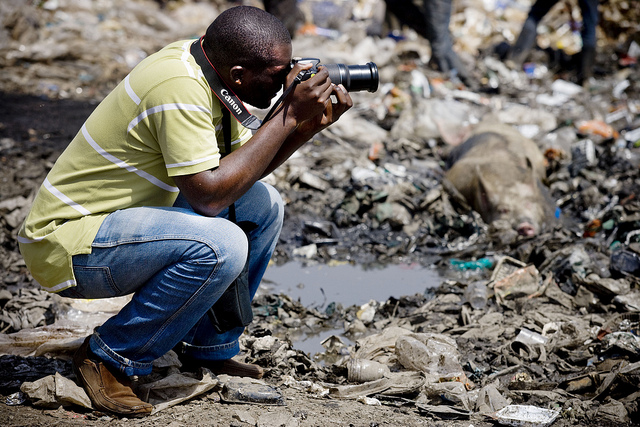As the media and the country await legislation on the right to information, a judge in a recent case has given direction as to who can access any information held by the State. High Court Judge Mumbi Ngugi ruled in a case in which Nairobi Law Monthly Limited, publisher of the Nairobi Law Monthly, had sued energy producer KenGen to release all information related to contracts it had awarded to two Chinese companies.
In her ruling, the judge asserted that journalists, bloggers and private citizens as individuals have a right to seek and be given whatever information they want from the State. However, institutions, including media houses do not enjoy the same right. This means that although a journalist cannot seek information on behalf of a media house, the journalist who asks for the information can publish it in a medium of his or her choice. Nonetheless, the State can also deny some information as it balances between legitimate reasons and national interest. Such a restriction will however be determined by such a court.
The right to information as enshrined in Article 35 of the Constitution is fundamental to transparency and accountability. The article says every citizen has a right to information. The court followed the strict interpretation of the word “citizen” in a judgment that has set a precedent and opens up the State to more public scrutiny from taxpayers.
Applauding the ruling, Nairobi Law Monthly publisher Ahmednasir Abdullahi said: “Kenyans must take advantage of the ruling and interrogate the State and its organs.” In a country where corruption is near normal as those suspected of the vice are hardly punished, the ruling offers an opportunity for journalists to take advantage and perform their public watchdog role.
The ruling comes at a time when Kenya is embracing devolution and with it comes more complex layers of financial information to be interrogated. In addition, a journalist can decide to go back to previous reports of commissions that have been shelved without implementation and provide justice to taxpayers. Critical reports like the Ndung’u Land Commission, the Kroll, the Anglo Leasing and the Robert Ouko murder inquiry reports can now be unearthed and closure be afforded to Kenyans and those directly involved.
Previously, the State has had a culture in which it forms a commission of inquiry mainly to buy time before eventually shelving the report. So far, it is only the Waki Commission report that has been partially implemented in a move that has seen Kenyans facing crimes against at the International Criminal Court.
The Kenya Revenue Authority (KRA) also applied to be enjoined in the case as a party on the ground that the publisher had made similar demands for information from it using the same articles in the Constitution.
Kengen and KRA opposed the claim on the basis that the publisher had no right to demand information from them because they were not part of the Government or the State. Kengen argued that it was a company listed at the Securities Exchange while KRA contended that it was established under a Statute, and therefore it was not part of the State.
They based this argument on Article 35 of the Constitution, which states that the right to information claims of this nature are intended to be directed at the Government owing to the use of the word “State” in that article.
But the Court held that the claim for Information under the Constitution could not be limited strictly to the government. It found that even though Kengen and KRA were not strictly speaking Government in the sense that they were a Company and a statutory corporation, respectively, they were basically covered by the obligation to provide information under Article 35 because they could be considered as State organs. Kengen is a State corporation and KRA as the tax collection agency for the government, is an agency of government functions.
Journalists can take up the challenge afforded to them and help break the culture of impunity that has not only taken many innocent lives but also destroyed the economy. Guided by Article 34 2 (a) and (b) which restrict the State’s interference with media and which also disables the State from penalizing the media for content published, journalists and journalism should become the beacon of hope for a society in need of information for better decision making and also scrutiny of public funds.
While the ruling did not give special consideration to journalists over other citizens, the special role that journalists hold in society should inform how proactive they can be as the fourth estate. Furthermore, since the Constitution gives special freedom for the media in Article 34, it behooves journalists to now do more investigative stories. The stories that they would in the past have found difficult to do due to legal constraints and a culture of secrecy in Government.


